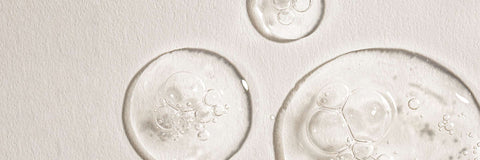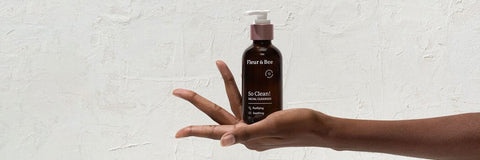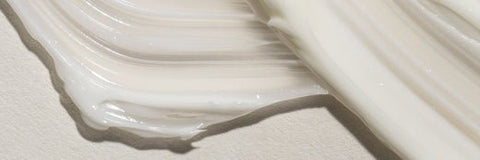Call it perspiring, sweating, shvitzing, or glowing– sweating is just a part of life. But is sweating good for your skin? The answer is yes . . . and no. That is why, in this blog post, we’ll discuss the pros and cons of sweating for your skin and how to deal with your skin after you’ve broken a good sweat.
IN A NUTSHELL
Main Takeaways: Generally speaking, sweating has some great benefits for your skin and your overall health.
Good to Know: While sweating is excellent for your skin, you do need to pay special attention to it once you cool down to make sure your skin doesn’t become clogged up with impurities.
Recommended Products: So Clean! Facial Cleanser and Prince Charcoal Detox Mask.
Benefits of Sweating for Your Skin
Here are some of the benefits of sweating for your skin:
- Sweating is a natural moisturizer - When you sweat, your sebum production goes into overdrive. Sebum is the oil that occurs naturally in the skin and keeps it moisturized; so by sweating, you’re encouraging sebum to do its thing.
- Sweating makes your body excrete urea - Your body alsosecretes urea when you sweat. Urea is a component of the natural moisturizing factor (NMF) produced by the skin. As a humectant, it is able to absorb moisture from the environment and draw it to the skin.
- Sweating makes the skin glow - Sweating gets the blood flowing and allows oxygen to circulate, bringing color and the look of health to the surface of your skin.
- Sweating helps regulate body temperature - When our skin releases sweat, the sweat is meant to cool on our bodies, cooling down our body temperature in the process.
If these aren’t enough reasons to make breaking a sweat a regular part of your day, consider this: exercise and sweating are thought to actually reverse the aging process! So get a bit more movement in your daily routine and reap the benefits in more ways than one.
How To Deal With Sweat On Your Skin
While there aren’t downsides to sweating in and of itself, there are downsides to leaving the sweat on your body once you’re no longer actively sweating. Sweat is 99% water, and the remaining 1% contains urea, salt, sebum, and ammonia. When left on the skin without washing off, it can irritate the skin and possibly contribute to breakouts.
You may have noticed that your skin has a tendency to experience a burning, stinging sensation a bit when you sweat, especially if you have an existing skin condition. That’s because although sweating acts as a natural moisturizer, it can dehydrate your skin, as it’s using up its own water supply.
Luckily, there are some pretty easy fixes to making sure the sweat on your skin doesn’t cause irritation or worse. Here are some tips for making sure you don’t sweat your way to bad skin:
1. Cleanse your face before a workout, or sweating in general: It is incredibly important that you clean your face prior to working out; otherwise, all the dirt, oil, make-up and sunscreen that’s on your skin will mix with the sweat and can clog your pores.
2. Wash your face immediately after sweating: Even if you can’t do your entire skin care routine at the moment, a simple, surface cleaning of your face will help keep dirt, oil, and sweat from getting in your pores and/or irritating your skin.
3. Exfoliate your skin: You should also exfoliate the skin at some point after you break a sweat to ensure that you get rid of all the dirt, oil, and sweat that may have lodged in your skin from sweating.
4. Rehydrate your skin: While sweating can help moisturize the skin, it can also rob it of hydration, since it uses the body’s own water supply. Drink plenty of water and don’t forget to rehydrate topically, as well.
5. Using a clean washcloth or towel: An antimicrobial facial cloth or sponge is ideal, to prevent bacterial growth and possible skin irritation or breakouts.
To sum it up, the goal is to keep your skin clean after sweating. If that means showering right after a workout, or keeping biodegradable facial wipes handy, just make sure you are prepared. Allow your skin to reap the benefits of a good sweat, and be sure to drink plenty of water when you sweat.








